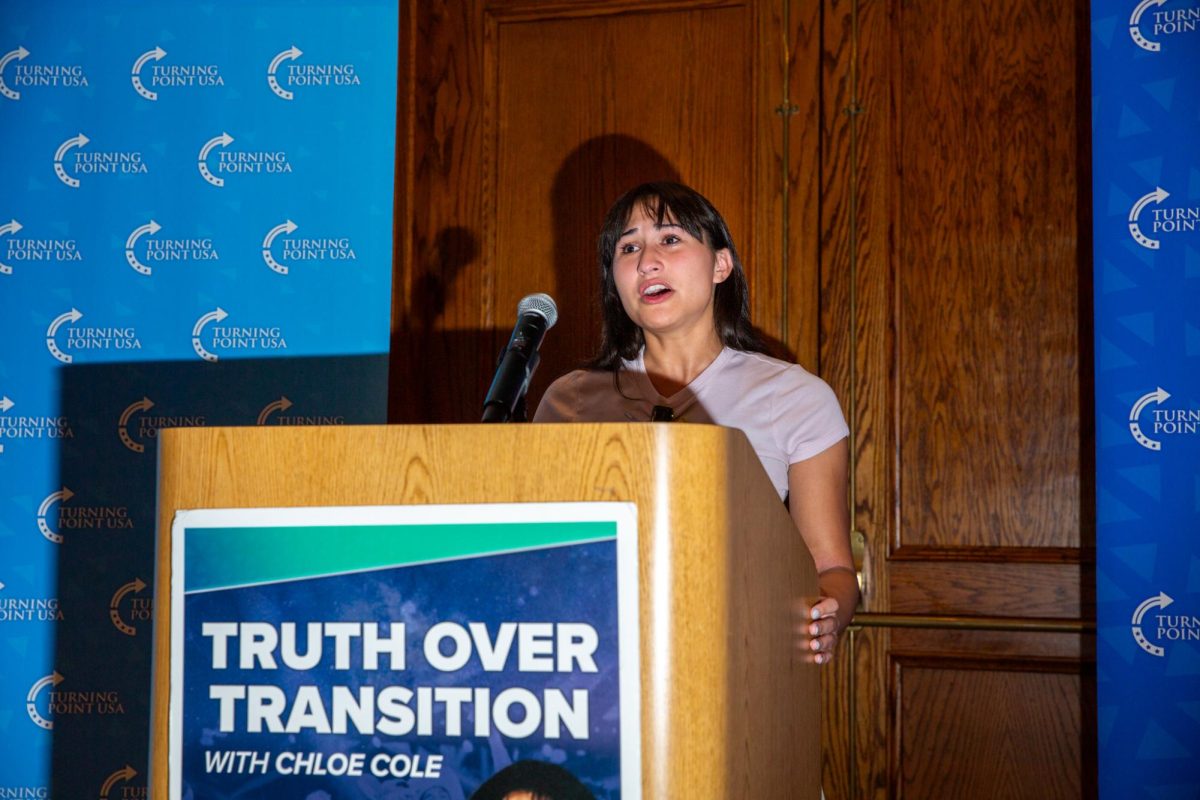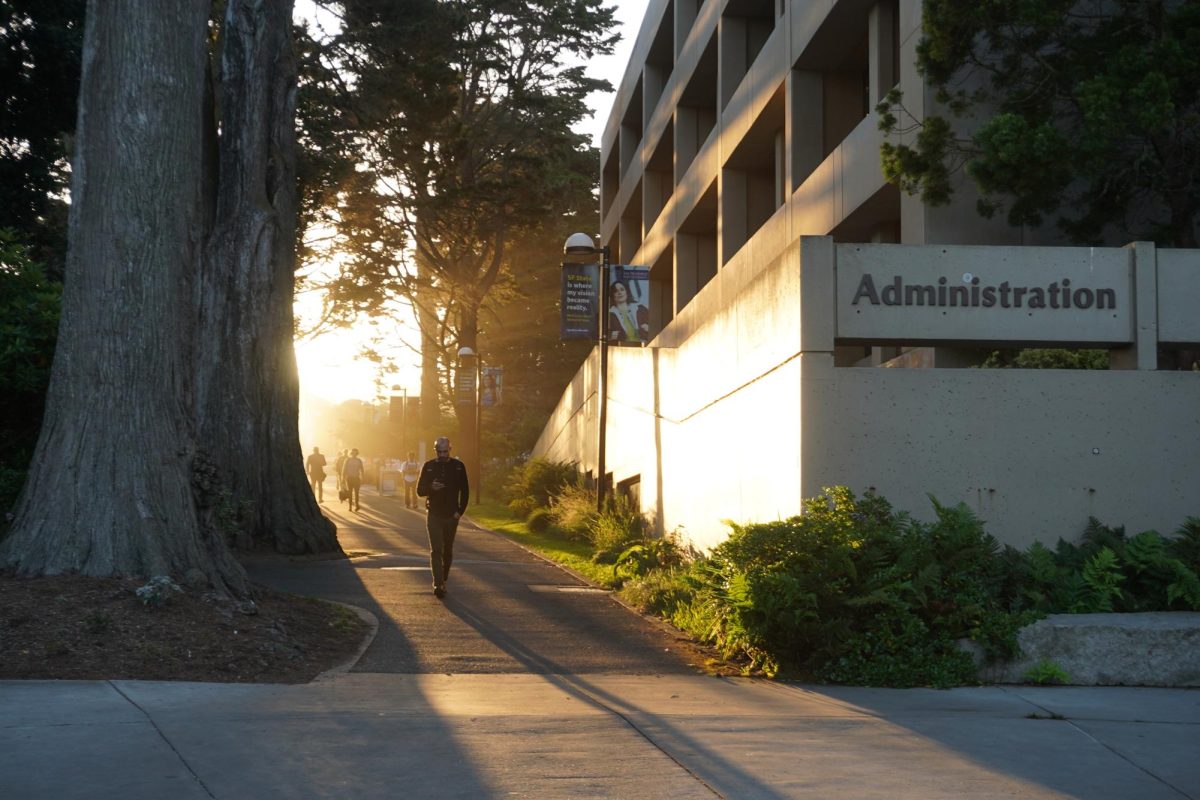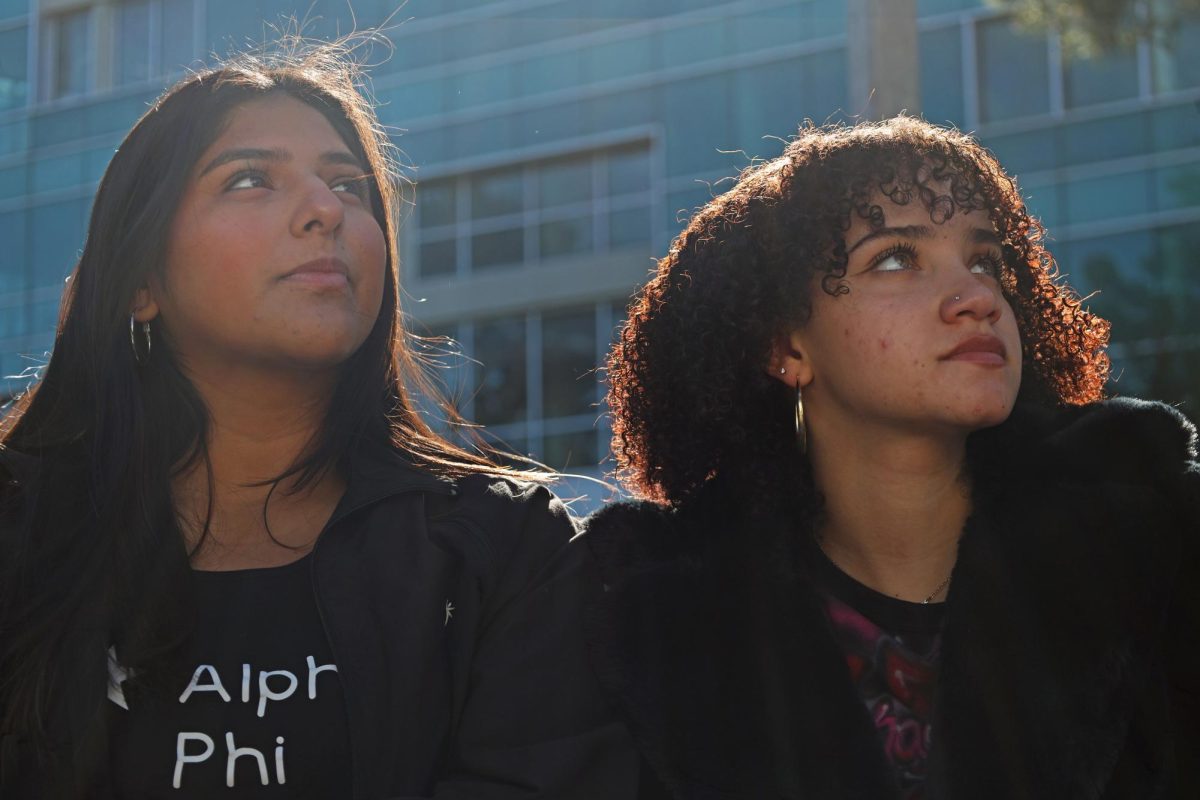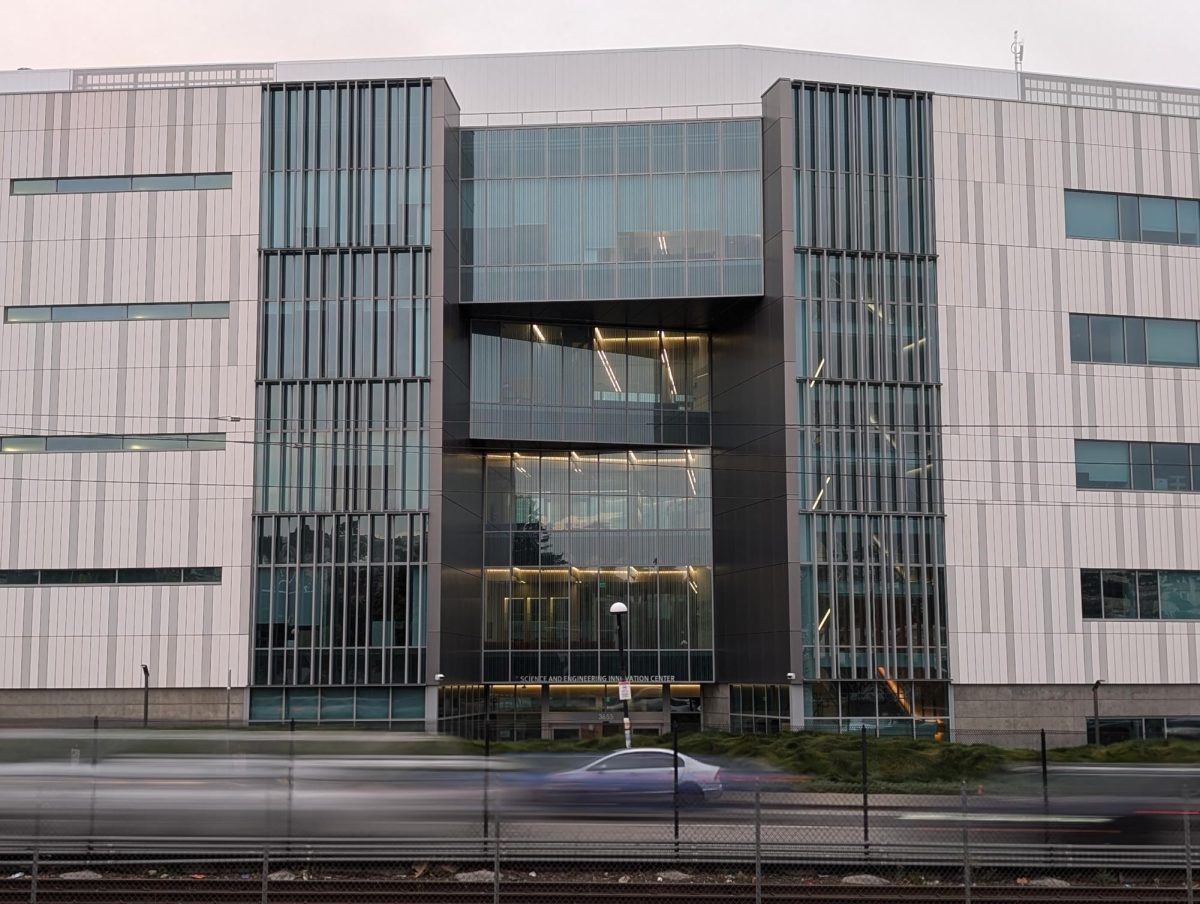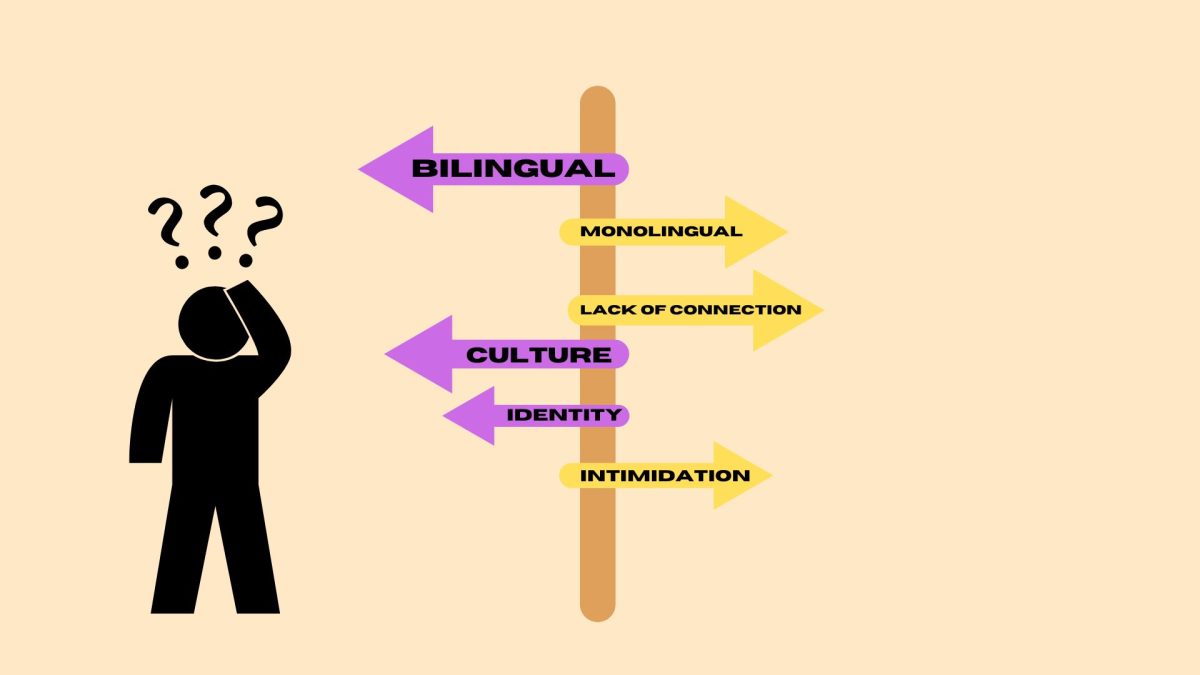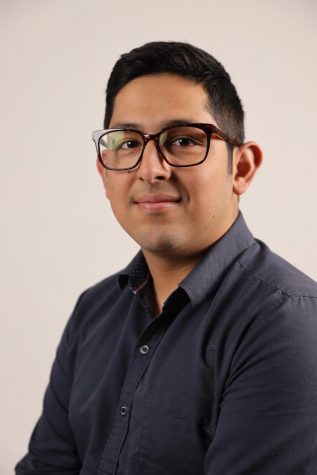Every Wednesday this semester Dr. Steven Kovacs will open the Coppola Theater for Cinema-307 students and the public to admire Yugoslav cinema and listen to guest speakers.
Held in Coppola Theater, Fine Arts Building room 101, this Wednesday’s 6:30 p.m. class will feature Jasmina Bojic, founder of the United Nations Association Film Festival. Bojic will serve as a guest lecturer and bring a film from the festival, “Cinema Komunisto,” directed by Mila Turaljic in 2010.
“I wanted this class to be in the [evening] so that it could be publicly available…people are out of work by 6:30 [p.m.], so they’re able to come and enjoy,” Kovacs, the professor of the class, said. “I think of it as three parts: me, the students and the public.”
Kovacs, who is of Hungarian descent, has had a life-long interest in cinema from Eastern Europe, but after teaching a course on films from Eastern Europe, he realized the topic was too broad. Instead, Kovacs chose to narrow the courses down to individual countries, starting with Hungary four years ago and now focusing on Yugoslavia.
“Each of those countries has some fantastic directors,” Kovacs said. “They all went through very similar phases of communism and authoritarianism, filmmakers then began to rebel against that communism.”
Last Wednesday, Kovacs showed a film called “Breza,” which translates to “The Birch Tree.”
“The Birch Tree,” is an adaptation of a book of the same name written by Slavko Kolar in 1928. The film, set in a small Yugoslavian town in the early 20th century, explores a husband’s wavering moral footing alongside the life and death of his wife whose beauty is compared to the titular tree.
“I thought it’d be interesting to learn about a region that isn’t talked about,” said cinema major Ashleigh Garcia, who pointed to Japan and Korea as regions whose films are more common in America.
The film was followed by half an hour of enthusiastic discussion over whether or not the film was meant to be a critical social commentary on the state of the region under authoritarian rule. Over the course of the discussion, members raised questions about how the film was influenced by nationalism, ethnic identity and the political climate at the time it was shot.
“I have taken other courses with Dr. Kovacs,” said John Modell, a participant in the ElderCollege program. “We’ve had guest lecturers, that’s a great benefit for all of us.”
Kovacs said he values the participation of the community so much that every semester he emails the communications team from the College of Liberal and Creative Arts to enlist their help in getting the word out. Matt Itelson, senior strategic communications specialist for the college, is typically the one who receives these emails.
“We think it’s something of interest and benefit to the community,” Itelson said.




